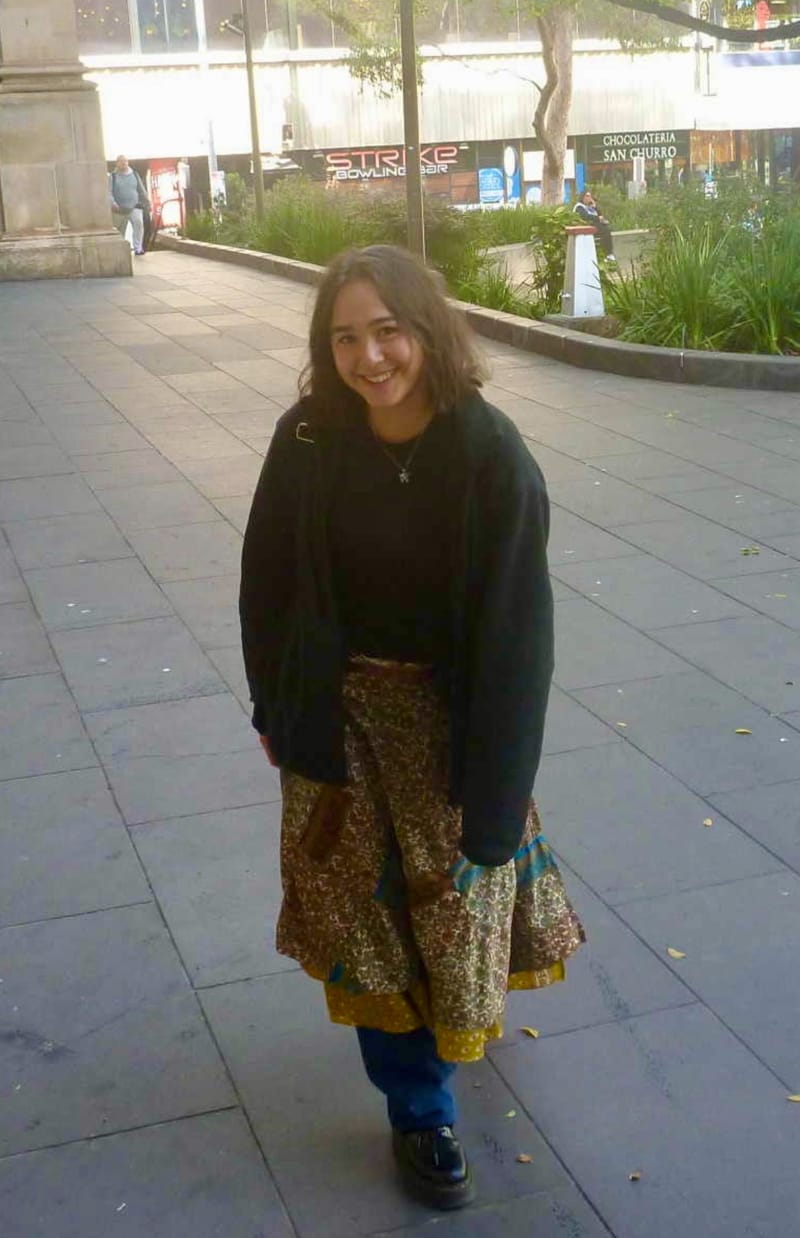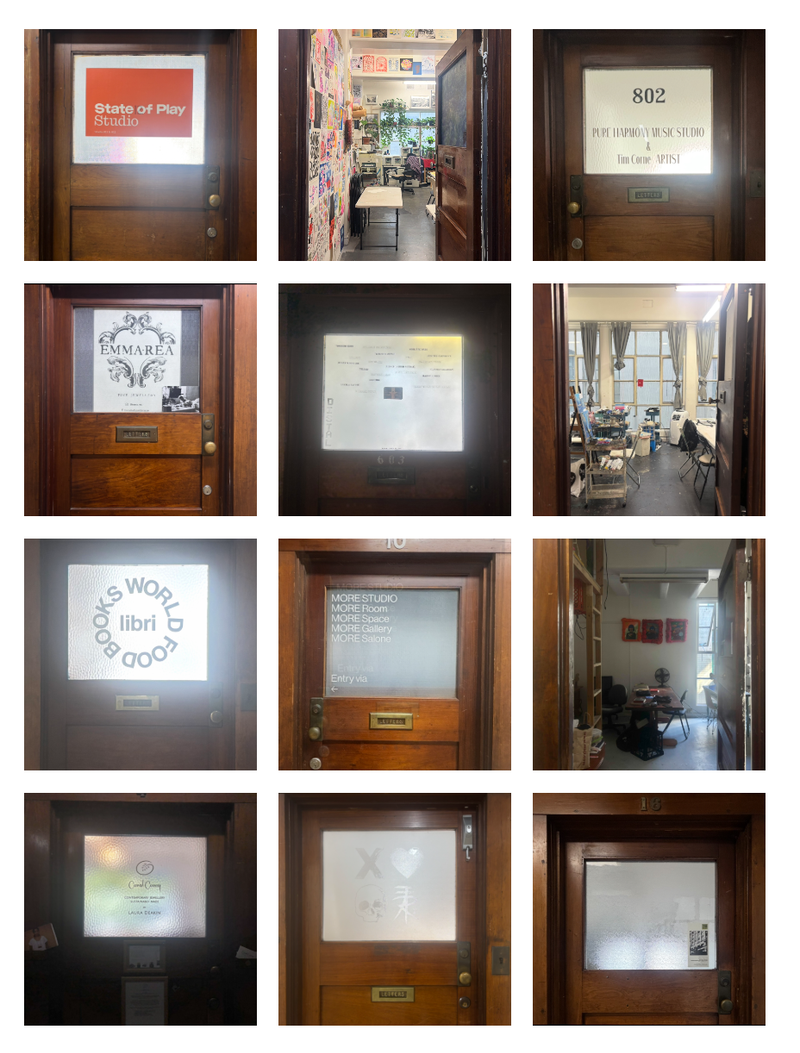The Refugee Ration Challenge starts today, but the fundraiser has its critics
🔗 [SYSTEM UPDATE] Link found. Timestamp incremented on 2025-11-26 13:55:13.
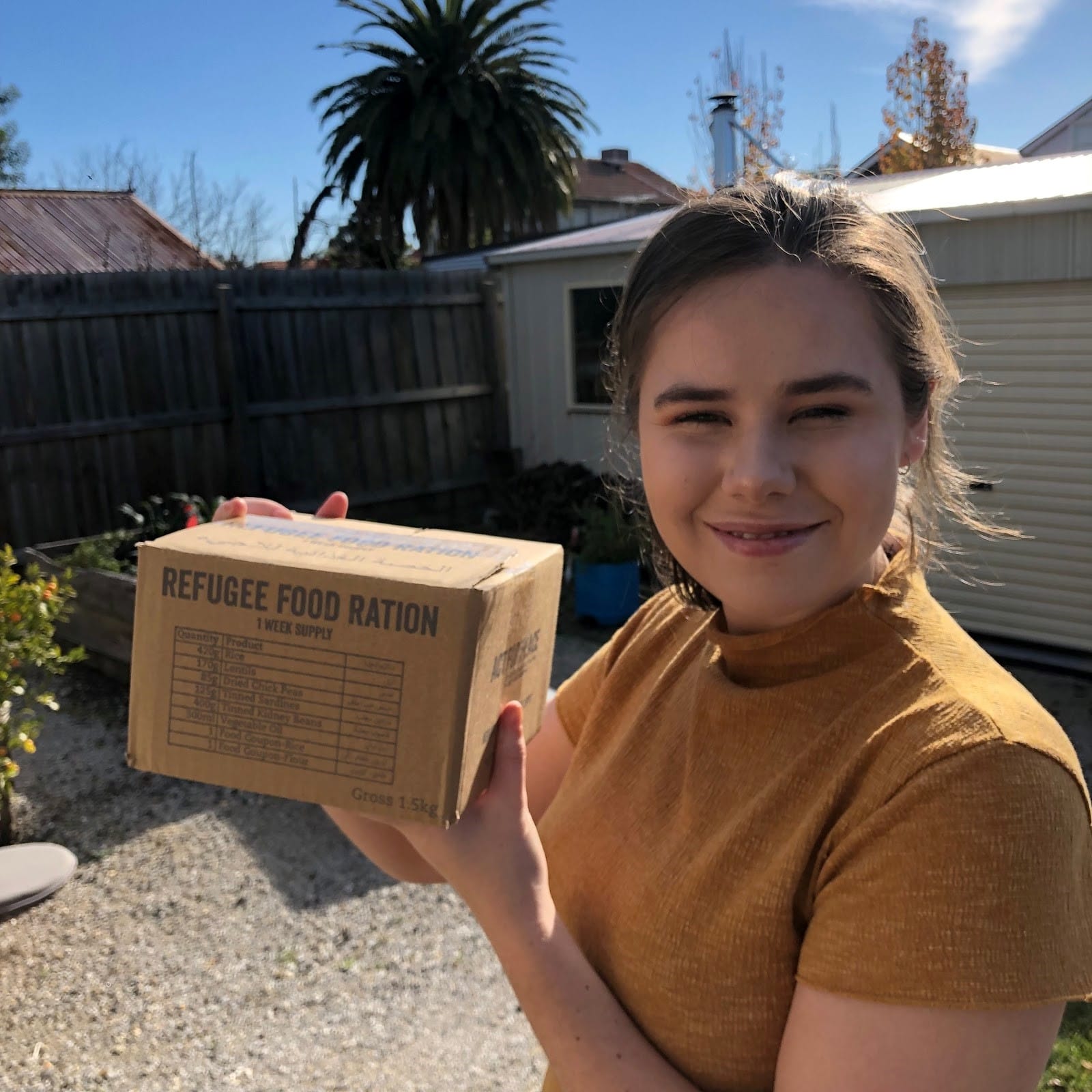
By PARIS O’ROURKE
Charitable Australians are being asked to survive on the same amount of food rationed to Syrian refugees as part of an annual fundraising challenge.
Not-for-profit organisation Act for Peace will raise much-needed funds for Jordan refugee camps during its annual week-long Refugee Ration Challenge, which starts today.
Participants will have to survive on a ration pack containing slightly more than 1.2 kilograms of food for a week. It consists of rice, lentils, chickpeas, kidney beans, sardines and vegetable oil.
Money raised during the challenge will be spent on food, healthcare and education for refugees and communities impacted by conflict.
Act for Peace has raised 10 million dollars since the challenge started in 2014, with more than 64,000 people participating so far.
Freya Coates-Hutchinson accepted the 2018 challenge and said she enjoyed spreading awareness of the inequalities many people around the world face.
“The ration challenge is a good insight into the inequalities of our world,” Ms Coates-Hutchinson said.
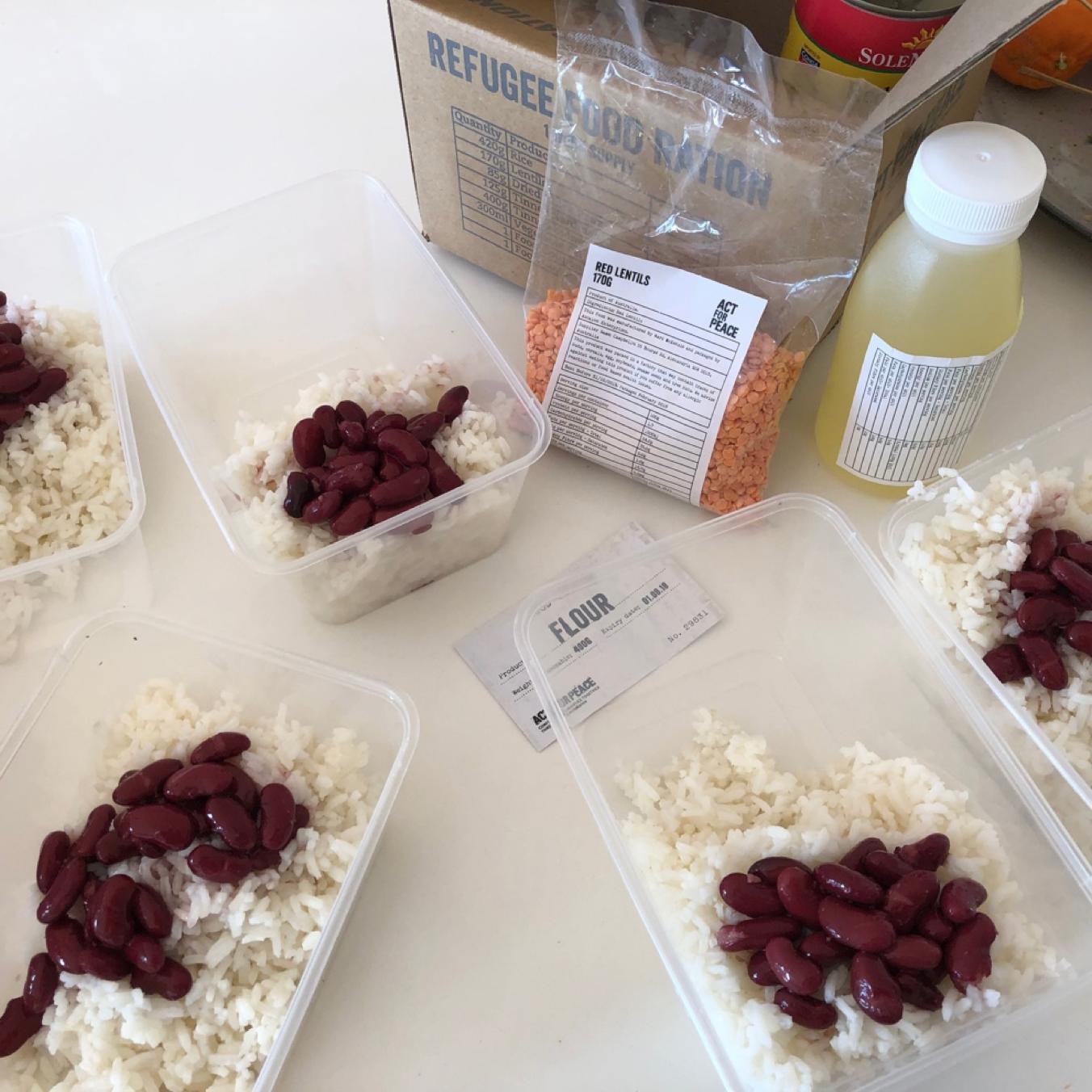
According to the UN Refugee Agency’s global trends report, by the end of 2017, 68.5 million people had been driven from their homes across the globe due to conflict, persecution, violence, environmental disasters and human rights violations.
While Ms Coates-Hutchinson said the ration challenge was tough, she realised how fortunate she was to live in a society where she had easy access to basic resources and a variety of food.
“I realised how much joy I have when food is a part of my life and, when it is taken away, I was forced to realise that many refugees are only eating to survive,” Ms Coates-Hutchinson said.
She raised more than $800 and was surprised by the support she received.
“I would definitely do it again and encourage anyone else to do it too,” she said.
“Even if you don’t raise any money, it is powerful to be able to experience living on the same rations as a refugee, and create awareness about the issue.”
Despite the growing popularity of the Ration Challenge, not everyone supports the approach.
Community lawyer, advocate and refugee, Fadak Alfayadh, is the head of ‘Meet Fadak’, Australia's first refugee-led campaign for a higher annual refugee intake by Australia.
Ms Alfayadh took to Facebook to write that the challenge contributed to a harmful narrative, misrepresenting refugees.
“[Participants] are inadvertently saying that all refugees need is food and then all will be well. The reality is far from this,” her post read.
She suggested alternative ways of helping refugees, such as by volunteering at legal and medical clinics, or by providing English language support.
“People should donate in a way that is respectful towards those seeking asylum,” Ms Alfayadh wrote.
Asylum Seeker Resource Centre (ASRC) volunteer Emma Fenech agreed volunteering and and campaigning for asylum seeker rights was valuable.
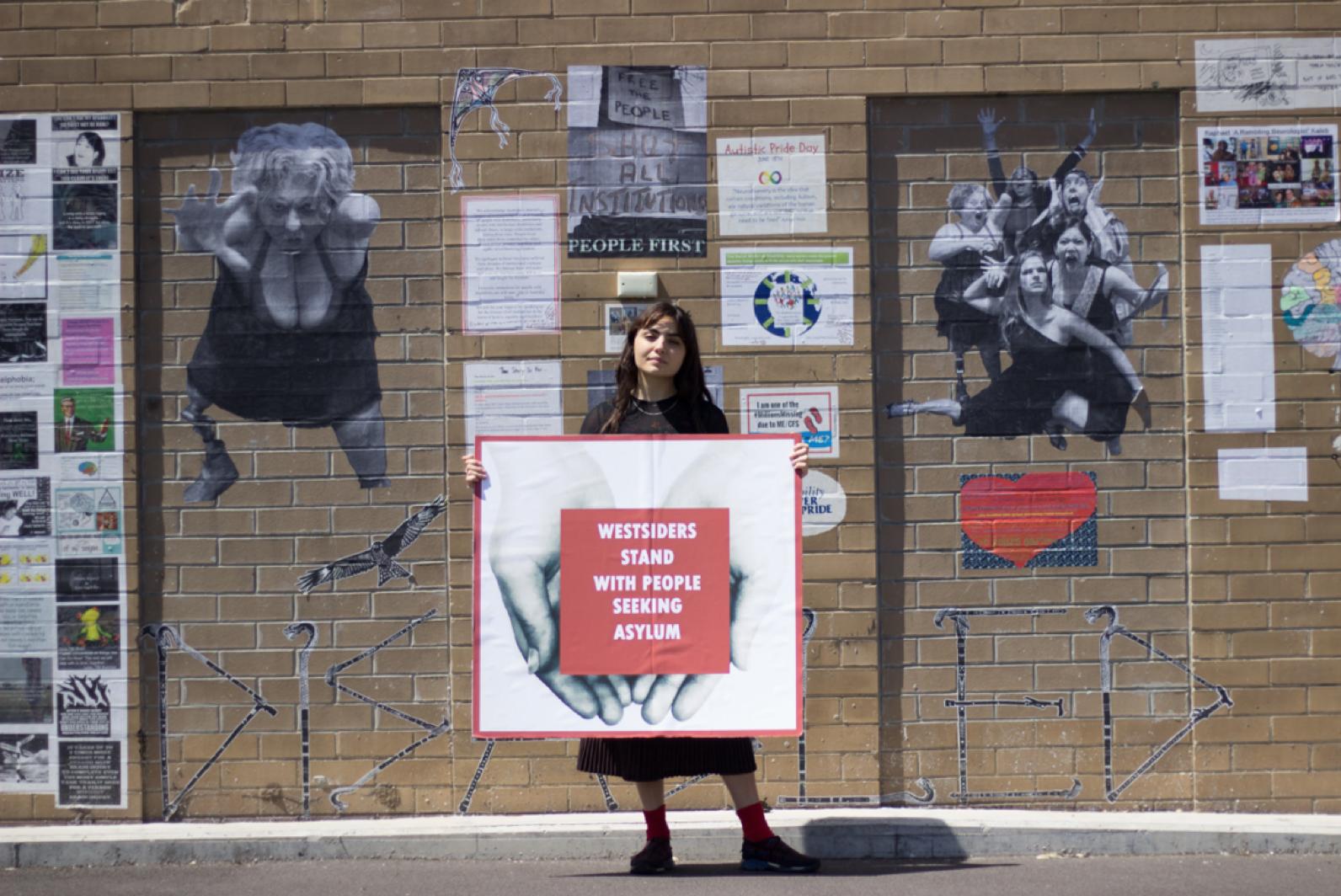
“The movement as a whole has allowed people to engage in reflexive thought to deeply understand the plight of others,” Ms Fenech said.
She has been a part of the Youth Action Program which encourages people under the age of 30 to engage with issues that impact refugees and asylum seekers.
“The Youth Action Program aims to mobilise young people to speak up in their immediate community and ask more as constituents,” she said.




